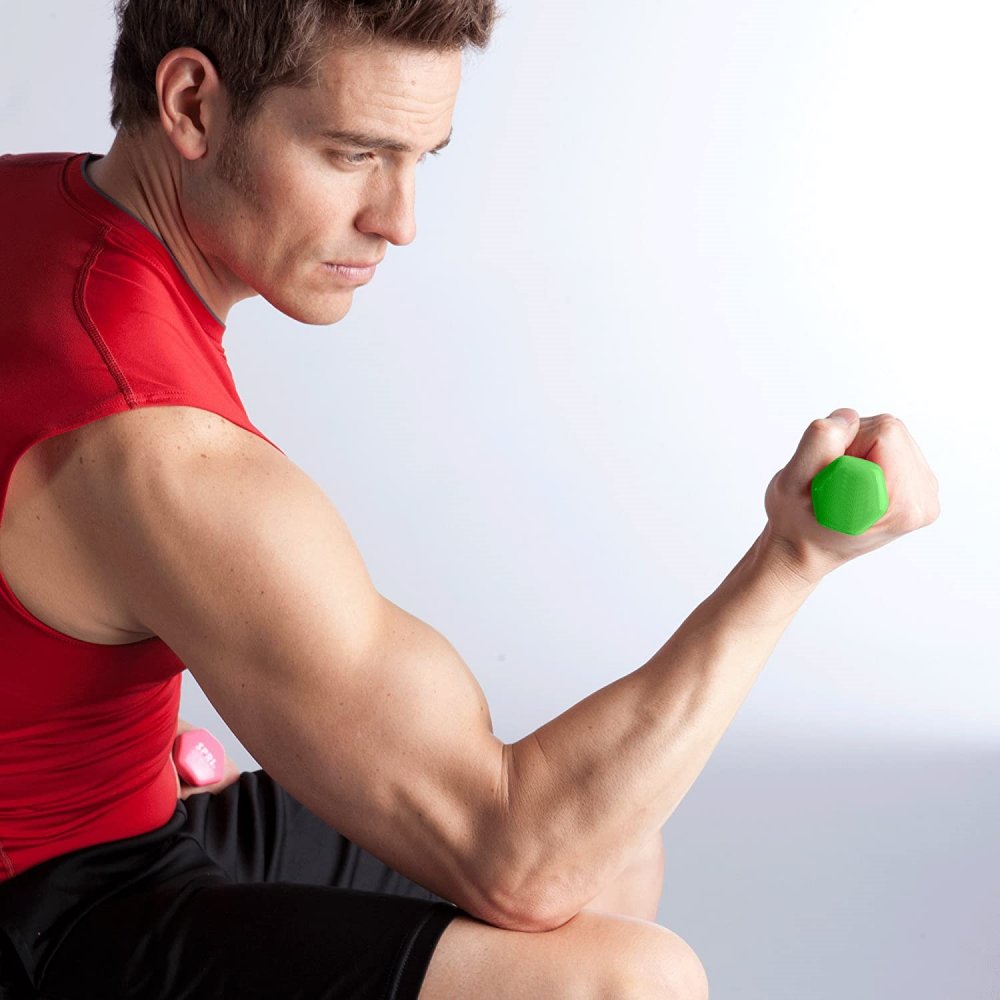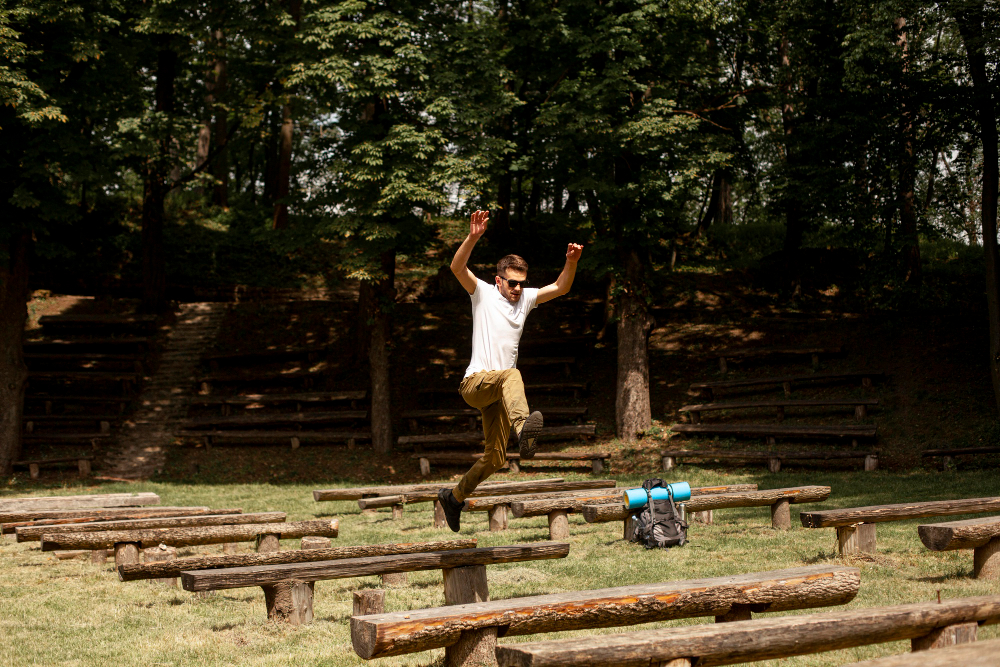In a world filled with quick fixes and fad diets, achieving and maintaining a healthy lifestyle can seem daunting. However, the foundation of fitness and nutrition is straightforward: a balanced diet combined with regular exercise. This guide will provide you with practical tips and strategies to help you cultivate a healthier, happier you.
Understanding the Basics of Nutrition
Macronutrients Matter
Your body requires three primary macronutrients for optimal functioning:
Carbohydrates: These are your body’s main energy source. Opt for whole grains, fruits, and vegetables for complex carbohydrates that provide sustained energy.
Proteins: Essential for muscle repair and growth, proteins can be found in lean meats, fish, eggs, dairy, legumes, and nuts.
Fats: Healthy fats are crucial for hormone production and brain health. Incorporate sources like avocados, nuts, seeds, and olive oil into your diet/food.
Micronutrients Count
Vitamins and minerals are vital for overall health. Focus on a colorful array of fruits and vegetables to ensure you’re getting a diverse range of nutrients. Leafy greens, berries, and citrus fruits are particularly nutrient-dense.
Hydration
Water is often overlooked, yet it plays a critical role in digestion, energy levels, and physical performance. Aim for at least 8-10 glasses of water a day, adjusting based on your activity level and climate.
Building a Balanced Diet
Meal Planning
Planning your meals ahead of time can help you make healthier choices. Try to include a source of protein, healthy fat, and fiber in each meal. For example, a grilled chicken salad with avocado and quinoa is a great option.
Mindful Eating
Practice mindfulness during meals. This means eating slowly, savoring each bite, and listening to your body’s hunger cues. This approach can help prevent overeating and promote a healthier relationship with food.
Snack Smart
Healthy snacks can keep your energy levels stable throughout the day. Opt for options like Greek yogurt, fruit, nuts, or hummus with veggies instead of processed snacks.
The Importance of Regular Exercise
Find What You Love
Fitness doesn’t have to be a chore. Explore different activities—running, cycling, swimming, dance classes, or yoga—to find what you enjoy. When exercise feels fun, you’re more likely to stick with it.
Incorporate Strength Training
Strength training is essential for building and maintaining muscle mass, especially as we age. Aim for at least two days a week of resistance training, targeting all major muscle groups.
Cardio for Heart Health
Cardiovascular exercise is crucial for heart health and endurance. Aim for at least 150 minutes of moderate-intensity or 75 minutes of high-intensity cardio each week. This could include brisk walking, jogging, cycling, or swimming.
Rest and Recovery
Don’t underestimate the importance of rest. Recovery is when your muscles repair and grow. Ensure you’re getting enough sleep and consider incorporating rest days into your workout routine.
Creating Sustainable Habits
Set Realistic Goals
Instead of drastic changes, aim for small, achievable goals. This could be as simple as adding an extra serving of vegetables to your meals or committing to a 30-minute walk three times a week.
Stay Accountable
Find a workout buddy or join a fitness class. Having someone to share your journey with can motivate you to stay on track and make the process more enjoyable.
Track Your Progress
Keep a journal or use an app to track your meals and workouts. Reflecting on your progress can help you stay motivated and identify areas for improvement.
Conclusion
Achieving a healthy lifestyle is a journey, not a destination. By focusing on balanced nutrition and regular exercise, you can build habits that support your well-being for years to come. Remember, it’s about progress, not perfection. Embrace the process, stay patient, and enjoy the many benefits of living a healthier life!





